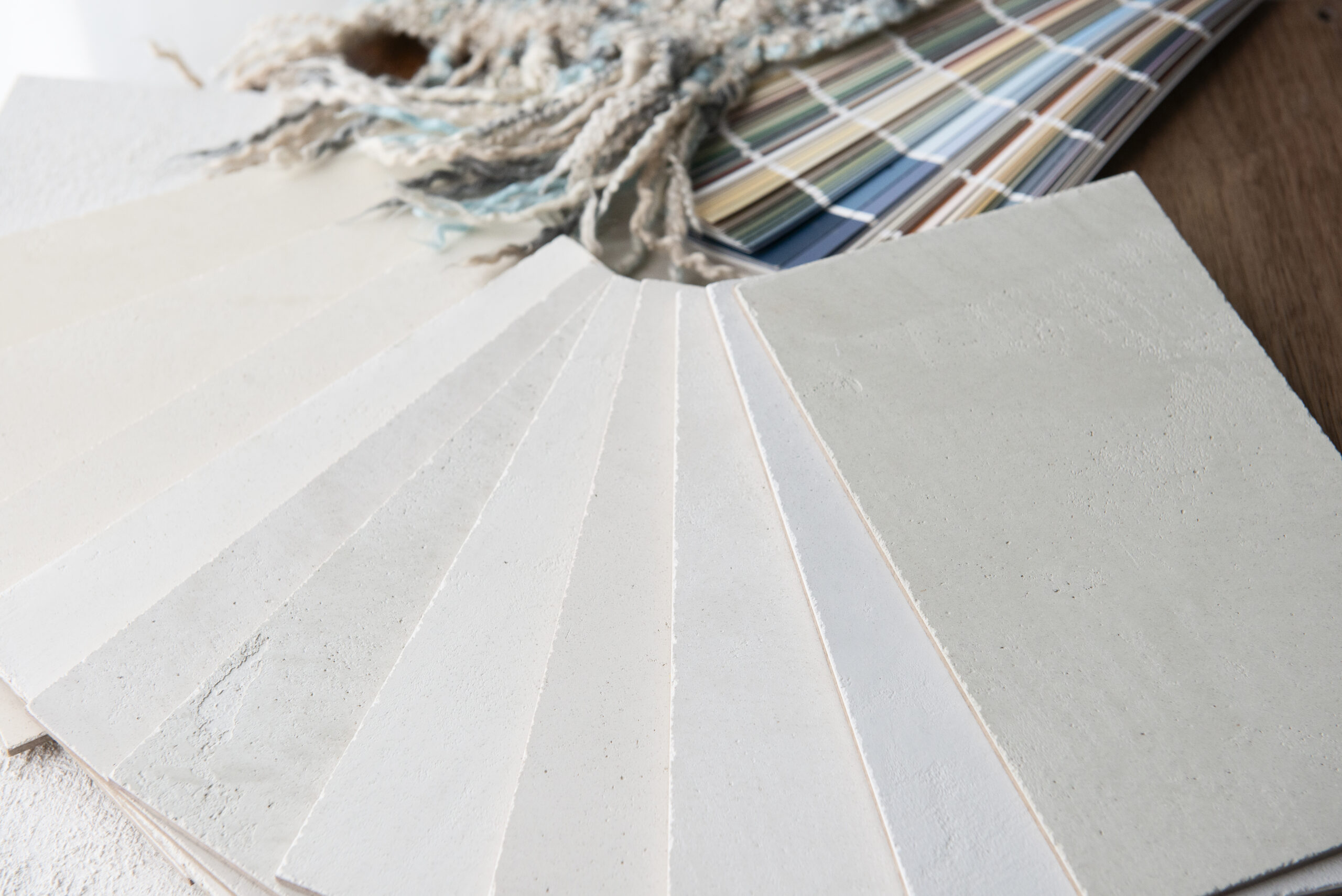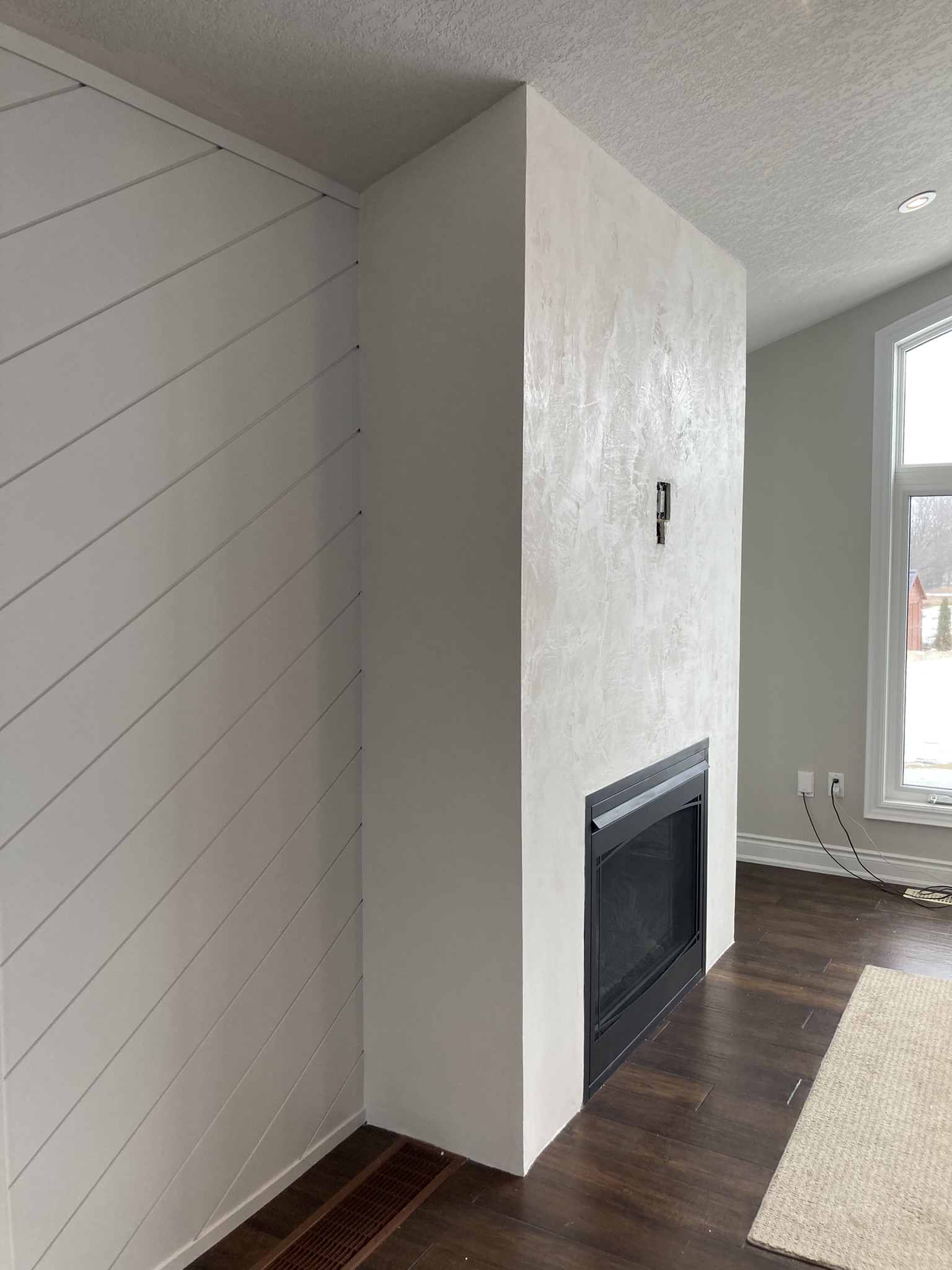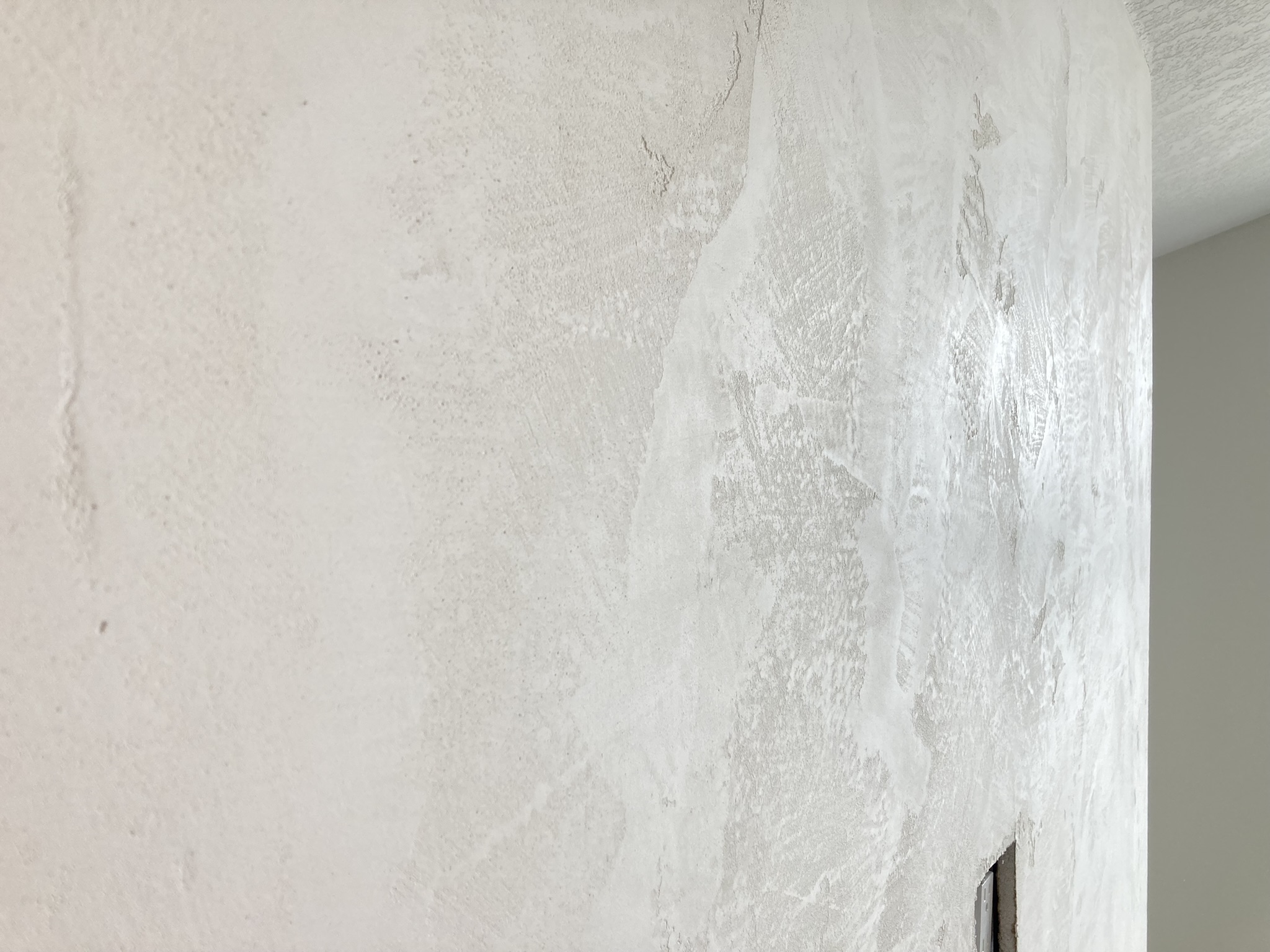Discover the Eco-friendly and Healthy Advantages of Venetian Plaster
As a design professional, you’re always on the lookout for sustainable, high-quality materials that meet your clients’ needs while maintaining your luxury standards. Venetian plaster, a decorative limestone surface, is not only a stunning finish but also offers numerous environmental and health benefits. In this article, we’ll explore why Venetian plaster is a sustainable choice, how it aids in moisture management, and its mold and mildew resistance, along with its positive impact on indoor air quality.
Embracing a Sustainable Decorative Culture with Venetian Plaster
Venetian plaster is a natural, eco-friendly material made from lime and crushed limestone, which makes it an excellent choice for those looking to reduce their environmental footprint. This decorative surface is highly durable, ensuring a long-lasting finish that won’t need frequent replacements, ultimately reducing waste. Additionally, the production process for Venetian plaster has a lower carbon footprint compared to other wall finishes, as it requires less energy and fewer chemicals.
Moisture Management and Resistance to Mold and Mildew
One of the most remarkable features of Venetian plaster is its ability to manage moisture effectively. This naturally breathable surface allows water vapor to pass through it, preventing the build-up of condensation and reducing the risk of mold and mildew growth. This resistance to mold and mildew not only contributes to the longevity of the plaster but also creates a healthier indoor environment.
Enhancing Indoor Air Quality Through Carbonation
Venetian plaster’s carbonation process plays a significant role in improving indoor air quality. As the plaster dries, it undergoes a chemical reaction called carbonation, where it absorbs carbon dioxide and releases oxygen. This process helps to reduce the levels of carbon dioxide in the air, creating a fresher, healthier environment for occupants.
In conclusion, Venetian plaster is a luxurious decorative surface that offers an array of environmental and health benefits. Its sustainable nature, moisture management properties, mold and mildew resistance, and ability to improve indoor air quality make it an ideal choice for design professionals seeking to maintain luxury standards while prioritizing the well-being of their clients. Discover the transformative potential of Venetian plaster and embrace a culture of sustainable design with deSTYLE Handcrafted Finishes Ltd.



